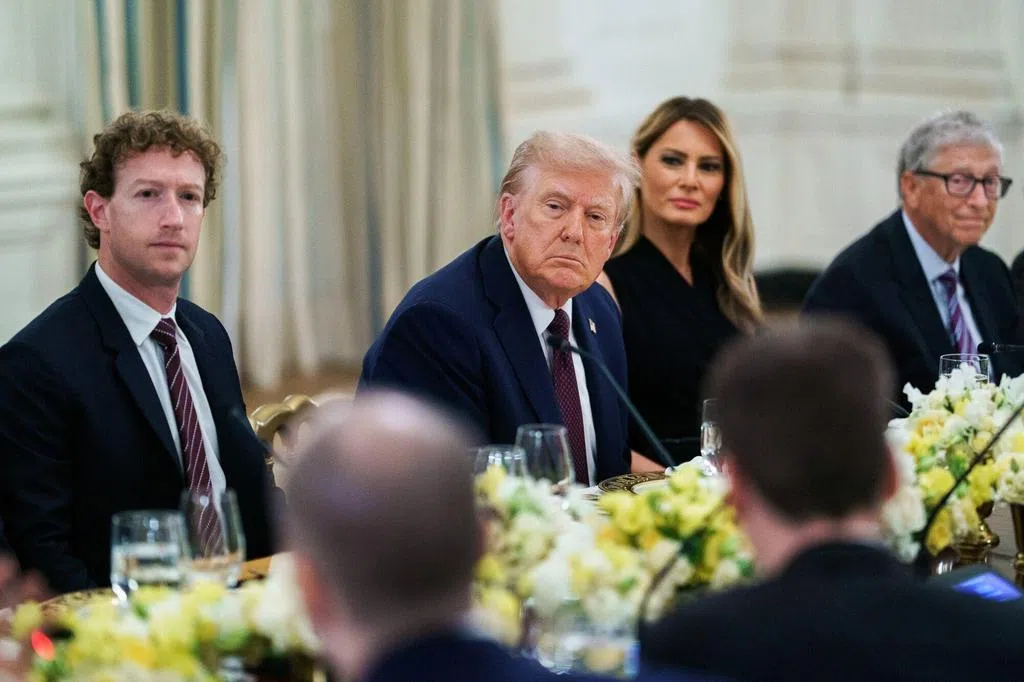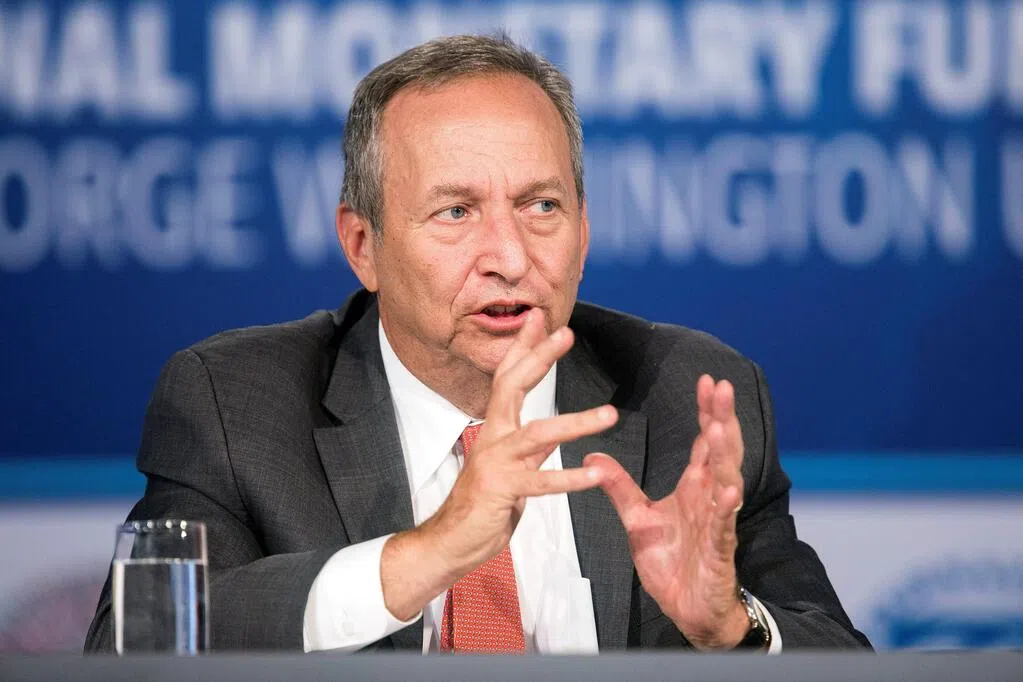(Washington, D.C.) U.S. officials have reportedly indicated privately that tariffs on semiconductor imports may not be imposed in the near future. This suggests the Trump administration may postpone implementing this core economic policy.
Reuters reported on Wednesday (November 19), citing three sources, that U.S. officials have conveyed this information to relevant parties in the government and private sectors over the past few days. Another source said the Trump administration is taking a cautious approach to avoid angering China.
Two of the sources said Trump's aides are proceeding cautiously with chip tariffs to avoid a trade conflict with Beijing, which could trigger a new trade war and disrupt the supply chain of critical rare earth minerals.
These sources emphasized that the U.S. could still impose triple-digit tariffs on semiconductors at any time before the Trump administration makes a final decision.
In August, Trump stated that he would impose tariffs of approximately 100% on imported semiconductors, but companies that had committed to or were already manufacturing in the U.S. would be exempt. U.S. officials have privately indicated in recent months that semiconductor tariffs would be implemented soon, but the situation has changed as the government continues to weigh the details and timing of the tariffs.
Further Reading


As the year-end shopping season approaches, American consumers are increasingly anxious about rising prices. During this sensitive period, if the Trump administration imposes tariffs on imported semiconductors, it will drive up prices for a range of products, from refrigerators to smartphones.
However, the Trump administration denies changing its stance. White House spokesman Desai responded when asked, "The Trump administration remains committed to using all executive power to bring manufacturing that is critical to national and economic security back to the United States. Any claims from anonymous sources are pure fake news."
Liu Pengyu, spokesperson for the Chinese Embassy in the United States, said that cooperation between the two countries in the semiconductor field is the best option. "We welcome the United States working with China to implement the consensus reached by the two heads of state at the Busan Summit, creating a favorable environment for mutually beneficial cooperation between companies from both sides, and jointly maintaining the stability of the global semiconductor supply chain."
News: White House Urges Congress to Reject Bill Restricting Nvidia's AI Chip Sales to Hostile Countries
According to Bloomberg, citing sources, White House officials are urging members of Congress to reject a bill restricting Nvidia's sales of artificial intelligence (AI) chips to China and other hostile countries.
The National Artificial Intelligence Assurance Access and Innovation Act of 2025 (GAIN AI Act) requires chipmakers to prioritize supplying US companies with AI chips that are restricted from export to China and other countries subject to arms embargoes. This would effectively prevent Nvidia and AMD from selling their best products to China. This contradicts President Trump's previous statements that he was open to such exports.
If true, this would be a victory for Nvidia. The company has publicly lobbied against the bill and insisted that no US customers are facing shortages of Nvidia products.
However, given the broad bipartisan support for curbing China's ambitions in AI, Congress is expected to continue pursuing this issue even if the bill is rejected.
US lawmakers have introduced another bill to formalize existing export restrictions on AI chips to China. The Safe and Feasible Export Administration Act (SAFE Act) requires the US Department of Commerce to reject all applications to sell AI chips to China with performance exceeding US-allowed levels. Given the rapid changes in the AI hardware sector, this bill will only be valid for 30 months.
Data released by the U.S. Commerce Department on Wednesday showed that U.S. imports fell 5.1% in August to $340.4 billion, impacted by tariffs imposed by President Trump on dozens of trading partners, with goods imports decreasing by $18.6 billion. The U.S. trade deficit in goods and services was $59.6 billion in August, a decrease of $18.6 billion, or 23.88%, from the previous month.
KPMG economists noted in a report that the new U.S. trade policies, which took effect in August, prompted wholesalers to clear inventory to offset the impact of reduced imports. The report stated, "Uncertainty is expected to persist due to ongoing legal challenges and trade negotiations."



